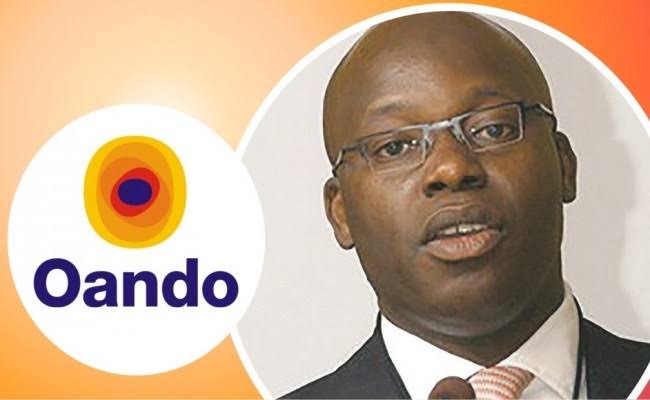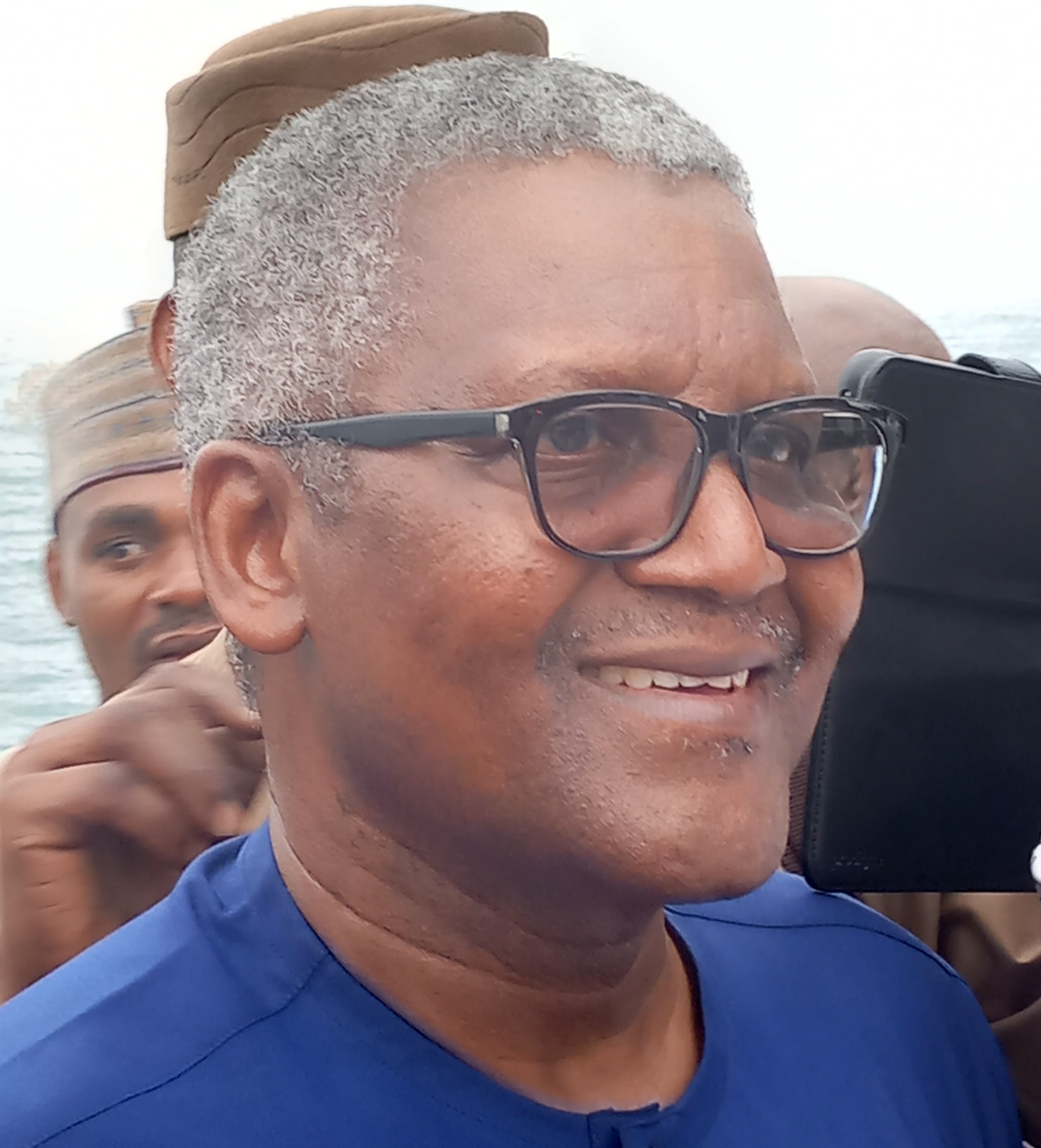By Eric Elezuo
This is not the best of times for the Nigerian Naira as market forces continue to work to its detriment, leading to a rush for the few available Dollars, and in turn falling to all time low.
On Thursday, a Bloomberg report quoted one Yahaya Adamu, a currency dealer in Wuse, a suburb of the nation’s capital, Abuja, Traders in Abuja as saying that the dollar was quoted at N998, just N2 short of N1000.
Also, in the commercial hub Lagos, the dollar is changing hands for around 990, according to Umar Salisu, a foreign-exchange operator who compiles the data in Lagos, noted Bloomberg.
This explains in a nutshell that the Nigerian naira extended its slide and hurtled toward the 1000-per-dollar mark in street trading, as the central bank held back from supplying dollars to a panic-stricken market.
Explaining further, Adamu informed tgat “Dollar is so scarce now that as I speak to you, you cannot find $1000 to buy,” Adamu said.
The currency’s parallel-market rate is now about 29% weaker than the official exchange rate, where the naira closed Wednesday at 770.71 per dollar on the FMDQ OTC trading platform. The two rates had briefly converged soon after the country’s newly elected president Bola Tinubu announced sweeping currency reforms in June, but they have diverged steadily since then as dollar supply from the central bank fell short.
The central bank has mostly been on the sidelines this month, according to market players, with one person saying it has barely supplied dollars to the official window. That has helped accelerate the naira’s slide, pushing it down from around 900 per dollar at the start of September.
Meanwhile, companies seeking hard currency to pay for imports have been joined in dollar buying by ordinary citizens who are fearful of further depreciation in the naira.
On Thursday, the central bank postponed a rate-setting meeting scheduled for Sept 25-26. Its new governor, ex-Citigroup executive Olayemi Cardoso, is yet to be confirmed in his role, while the acting governor and four deputy governors have resigned, effectively leaving a policy-making vacuum at the top.
Recall that since June when President Bola Tinubu tingled with the nation’s monetary policy, the naira has headed on a free uncontrolled fall. Tinubu touched on monetary policy and indicated his preference for a low interest rate regime to stimulate economic growth and employment.
Following the policy, the Central Bank of Nigeria announced immediate changes to operations in the Nigerian Foreign Exchange (FX) market, abolishing its hitherto multiple exchange rate windows and collapsed them into the business-based Investors and Exporters (I&E) window.
“All segments are now collapsed into the Investors and Exporters (I&E) window. Applications for medicals, school fees, BTA/PTA, and SMEs would continue to be processed through deposit money banks,” Dr Angela Sere-Ejembi, a director of the bank said in a message to authorised dealers of forex.
FX operators and other market operators had predicted a couple that the naira will hit N1000, going by prevailing circumstances and indices, and today, the prediction has come to pass with no tangible clue that status quo ante as at May 2023 may be maintained.
In his defence, the Minister of Finance, and Coordinating Minister of the Economy, Adebayo Olawale Edun, said that up to $6.8 billion of overdue forward payments in the foreign exchange market was responsible for the slump in the naira and until it is addressed before the local currency can stabilise.
He explained that once unpaid contracts are resolved, it will help the naira become stronger and “pave the way for additional foreign exchange flows.”
While Nigerians await Edun’s prescription to come to pass, they look up the new Governor of the Central Bank of Nigeria, Michael Cardoso in collaboration with Efun to find a path to restoration as the populace groans in the hardship the present situation is unleashing on residents.

 News6 years ago
News6 years ago
 Featured6 years ago
Featured6 years ago
 Boss Picks6 years ago
Boss Picks6 years ago
 Headline6 years ago
Headline6 years ago
 Headline6 years ago
Headline6 years ago
 Headline6 years ago
Headline6 years ago
 Headline6 years ago
Headline6 years ago
 Headline6 years ago
Headline6 years ago













